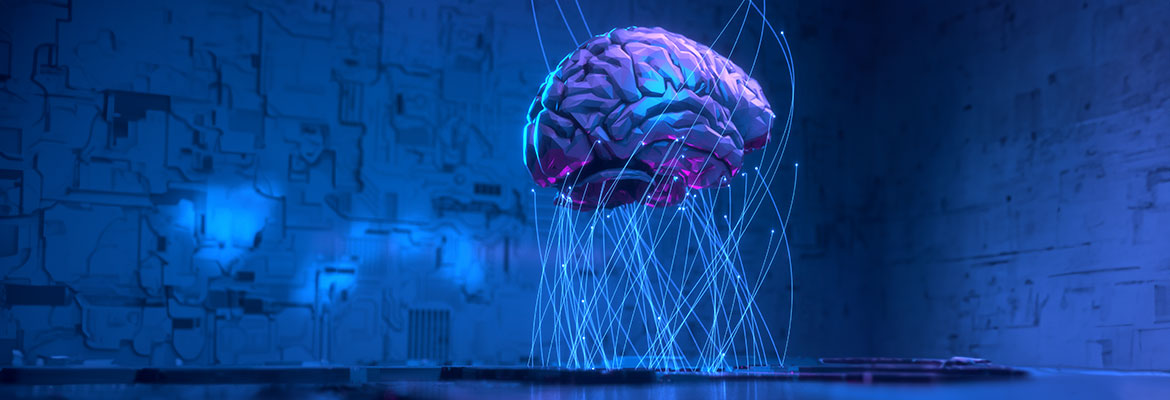22 June 2023
A staggering two thirds of secondary school students use AI to do their school work.
With one in ten teachers admitting that they have no way of telling whether a student or AI has written the work, according to new research

While world leaders discuss a possible halt to Artificial Intelligence (AI) research because of concerns about future safety, it has already left a mark on education with two thirds (67 percent) of secondary school students admitting they have used chatbots such as ChatGPT to write essays or do work for them.
Almost half (42 percent) of the 1,000 secondary school students surveyed by RM Technology, a leading supplier of technology solutions to UK schools, say they use AI all the time to solve maths problems, while 41 percent use it to write English essays.
One in four (25 percent) tapped into these chatbots to translate something into a foreign language, write a poem (24 percent) and help with their physics work (20 percent).
18 percent admit they have turned to AI to help come up with an essay topic for history, create a piece of art (18 percent) and take a science test (18 percent) for them. And according to the data, two thirds of the students polled said they are (68 percent) getting better grades and results by using AI.
Four in ten (40 percent) use the technology to actually write the work which they then edit, while one in four (28 percent) have used the likes of Chat GPT to edit something that they had written. A fifth (19 percent) use it to do all of their school work.
Despite this, four in ten (38 percent) say they feel guilty about using AI.
One in six (16 percent) have submitted AI-generated work, only to be questioned by a teacher on its legitimacy, while a quarter (24 percent) say they have never been approached about it.
A third (36 percent) say that even though they use AI to complete tasks, they are worried they are missing an opportunity to learn.
In contrast, one in five (17 percent) believe they are learning more with AI because they are operating a new tool in addition to completing school lessons, while a further half (48 percent) agree that excluding Artificial Intelligence from the classroom will hold them back and leave them behind when it comes to using new technologies and tools.
70 percent worry that they will struggle in exams because they can’t rely on external assistance, while half (49 percent) believe that excluding AI will have a negative impact on their learning.
“This research shows the sheer prevalence of AI in the classroom already - but its impact is only starting to be felt. Generative AI tools, such as ChatGPT, have great potential if regulated properly in schools, and can be used to create a more inclusive educational environment for students. However, the real impact will be on the time AI can save teachers. From assisting with marking to alleviating some of the burden of administrative work - AI can support teachers in saving hours each week, which can be reinvested into more face-to-face time with students. While it’s clear proper training and regulation are necessary, we as a sector must start to embrace the opportunities AI brings.”
When it comes to secondary school teachers, two thirds (66 percent) believe they are regularly receiving work written by AI. One in ten (nine percent) admit that they have no way of telling whether a student or AI has written the work. A half (56 percent) think that education professionals need proper training on AI to get a full understanding of what it can do, so much so that 36 percent say their students know more about it than them. One in three (37 percent) have confronted students they suspect of using AI with many admitting to using it. A further 40 percent have had words but the students denied turning to AI.
A third (35 percent) of the 500 teachers polled believe that the education sector is not moving fast enough to adapt to new technology, with a further 41 percent asking for AI to be properly regulated. 31 percent agree that the Government needs to introduce regulations to help police its use.
A third (35 percent) worry that students won’t be learning as much if they don’t do the work themselves, with 21 percent believing that it will challenge the education system. 27 percent believe that parents should be policing their children's use of AI in school.
One in four (23 percent) believe that AI adds additional pressure on teachers, so much so that it should be banned (12 percent).
In contrast, a quarter (26 percent) say that AI should be incorporated into the curriculum so that students know how to use it safely.
89 percent agree that nothing can replace human intelligence, empathy or creativity.